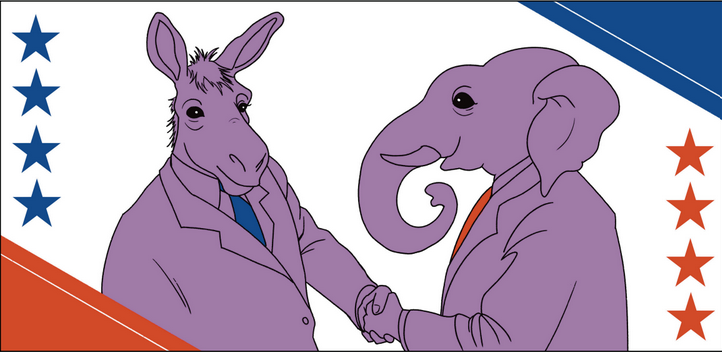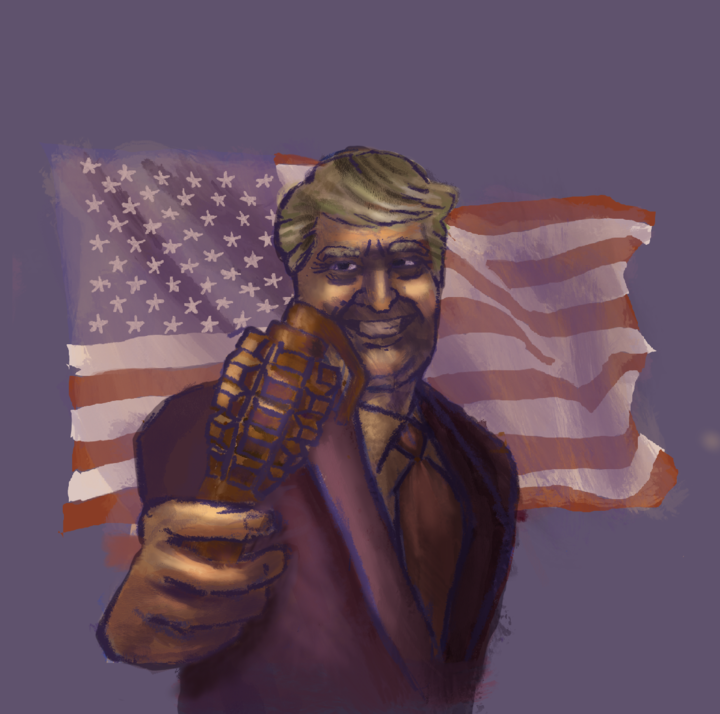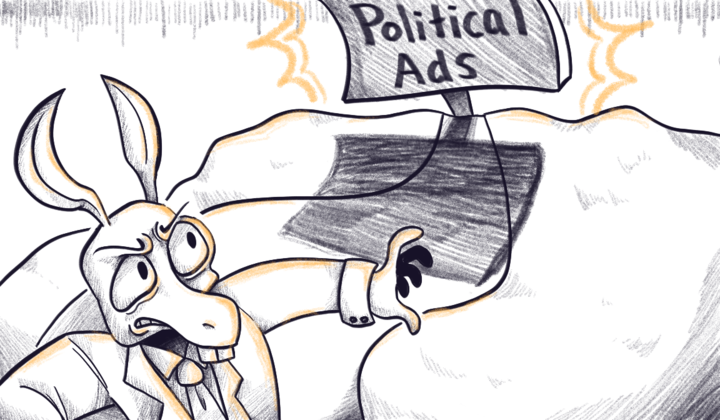Public Should Not Take “Lin-sanity” Flavor Too Seriously
Lately, the blogosphere has been abuzz with the news of “Taste the Lin-sanity” frozen yogurt, concocted in honor of rising NBA superstar Jeremy Lin, and demoed by the Harvard Square branch of Ben and Jerry’s earlier this month. The offending yogurt was excoriated for being a racist concoction — it contained chunks of fortune cookies and swirls of lychee honey.
The extreme commentators need to calm down. Many have a self-serving interest to fan the flames of controversy, to spin tales of juicy racially charged “scandals” when they don’t really exist. Their allegations shouldn’t be taken at face value.
Take the reaction to ESPN analyst Max Bretos’s on-air statement that Lin’s nine turnovers during a game constituted a “chink in the armor” for his team, the New York Knicks. A number of sports news websites immediately published articles condemning Bretos as a crude bigot. Days later, Bretos’s side of the story came out: “chink in the armor” was a cliche he had used frequently to describe defensive weaknesses — a quick search of his transcripts revealed he had used it previously to describe players of a variety of races over a hundred times.
Incorrectly accusing people as bigots is a cheap but easy way to increase article views. What the commentators don’t see — or rather, intentionally refuse to see — is that whoever did decide to add fortune cookies to the Lin-sanity flavor mix was trying to make a not-so-subtle nod to the basketball superstar’s Taiwanese and Chinese heritage, and nothing more.
It may not have been a celebration of his heritage, but it certainly wasn’t an attempt to disparage it either. As the branch manager later explained, the chef in question was probably just “swept up in the nationwide Lin-sanity.”
— Ayan Kusari
Staff Writer
Company Knows Better Than a Racially-Charged Flavor Was Bad Publicity
Ben & Jerry’s apologized last week for putting fortune cookies and lychee honey swirls in pints of its “Taste the Lin-Sanity” ice cream sold at its Harvard Square, Massachusetts, location. While some customers insisted that the new flavor was intended as a fun tribute to the heritage of basketball sensation Jeremy Lin, others were outraged by what they saw as political incorrectness. As the national media weighs in, it has become increasingly apparent that Ben & Jerry’s should have refrained from using stereotypical Asian ingredients to avoid the public relations setback.
This is not the first time Ben & Jerry’s has faced controversy. Last year, the company introduced its “Schweddy Balls” ice cream, which served as homage to an old “Saturday Night Live” skit featuring Alec Baldwin as fictional bakery owner Pete Schweddy. Besides offending people with the same last name, the ice cream’s title sparked criticism over its vulgarity. Other controversial Ben & Jerry’s flavors include “Hubby Hubby” — in support of gay marriage — and “Karmel Sutra.”
Lin is the first American-born NBA player of Taiwanese and Chinese descent, and Ben & Jerry’s wanted to honor his recent rise to stardom. But it’s not surprising that some people took offense at the fact that fortune cookies — which are generally served in Chinese restaurants in the United States — were in the contents of “Taste the Lin-Sanity.” The fortune cookies in the new flavor have since been replaced by waffle cookies.
Regardless of its intentions, the overwhelmingly negative public and media reaction to “Taste the Lin-Sanity” has caused public relations troubles for Ben & Jerry’s. Even the ice cream company’s wackiest flavors have to be marketable in order for the company to continue to make profits.
— Arik Burakovsky
Senior Staff Writer







